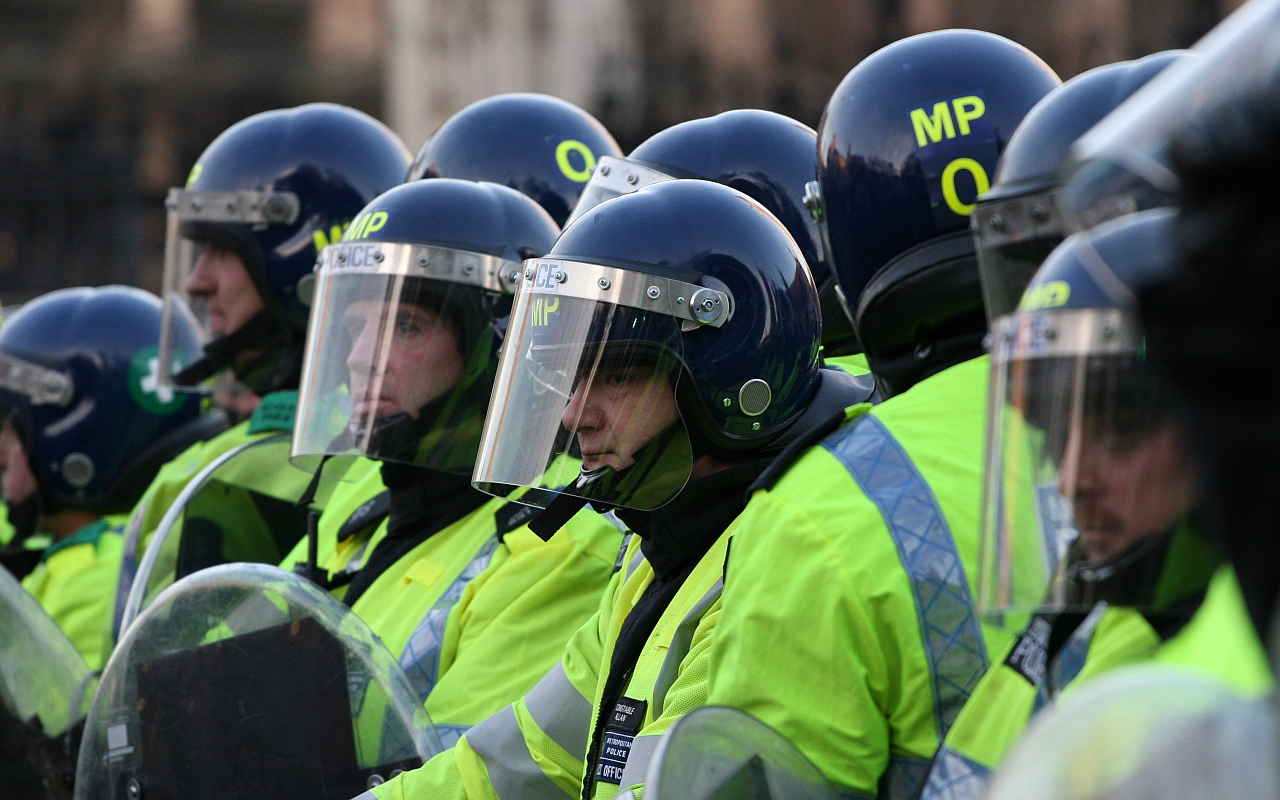On Wednesday, the High Court heard a case which accuses the UK Government of undemocratically passing anti-protest measures.
Liberty, a human rights organization, has accused the government in the High Court of unlawfully implementing anti-protest legislation. This legislation grants the police broad powers to shut down any protests which cause ‘more than minor’ disturbances.
Akiko Hart, Liberty’s Director, emphasized the importance of checks and balances in a democracy, stating that the government’s actions undermine accountability by granting excessive power to the police to stifle dissent.
First introduced by Suella Braverman during her tenure as Home Secretary, this power was initially rejected by Parliament as an amendment. Liberty told the court that the government bypassed Parliament’s rejection of the amendments to the Public Order Act 2023 and unlawfully altered the law through a statutory instrument, which are rarely voted down by Parliament.
Liberty argued that, as Parliament previously rejected these measures, the government’s use of this mechanism constitutes an overreach and violates the principle of separation of powers. The move was also condemned by Peers in the House of Lords, whose stark criticism labelled it a constitutional outrage
Since the law’s enactment, there have been notable cases of its powers being misused, including the acquittal of Greta Thunberg and other protestors wrongly charged under these new powers.
Katy Watts, Liberty’s lawyer, highlighted the significance of the separation of powers in the UK’s parliamentary system. She said ‘Our democracy exists to make sure a government can’t just do whatever it wants – but the Government’s actions make a mockery of this and of our centuries-old parliamentary system. The fact this is the first time a government has ignored a decision of Parliament to make laws in this way shows just how desperate those in power are to put themselves above the law.’
Akiko Hart, Liberty’s Director, said ‘The Government’s actions are part of a coordinated attempt to put itself above the law and become untouchable. It is shutting down the ways people can hold it to account – whether that’s in Parliament or on the streets. We’ve taken legal action to ensure no government is allowed to get away with breaking the law – and we urge the court to quash these dangerous new powers.’
The Home Office has previously defended the move as necessary to tackle disruptive protests. In response to the launch of the challenge by Liberty, a Home Office spokesperson said:
‘The right to protest is a fundamental part of our democracy but we must also protect the law-abiding majority’s right to go about their daily lives. That is why have introduced a new definition of serious disruption, to give police the confidence they need to clear roads quickly. The was voted on by both the House of Commons and House of Lords, following proper parliamentary procedure.’






